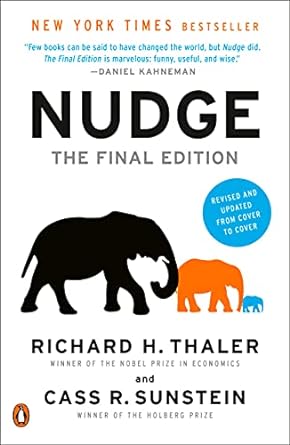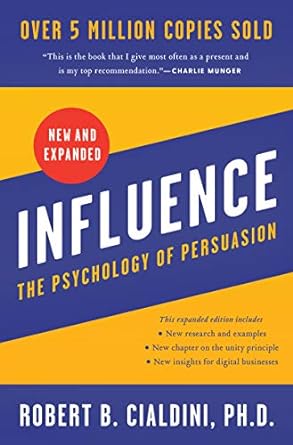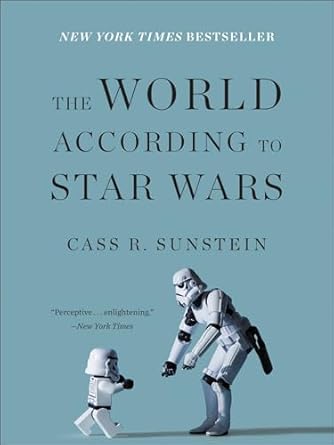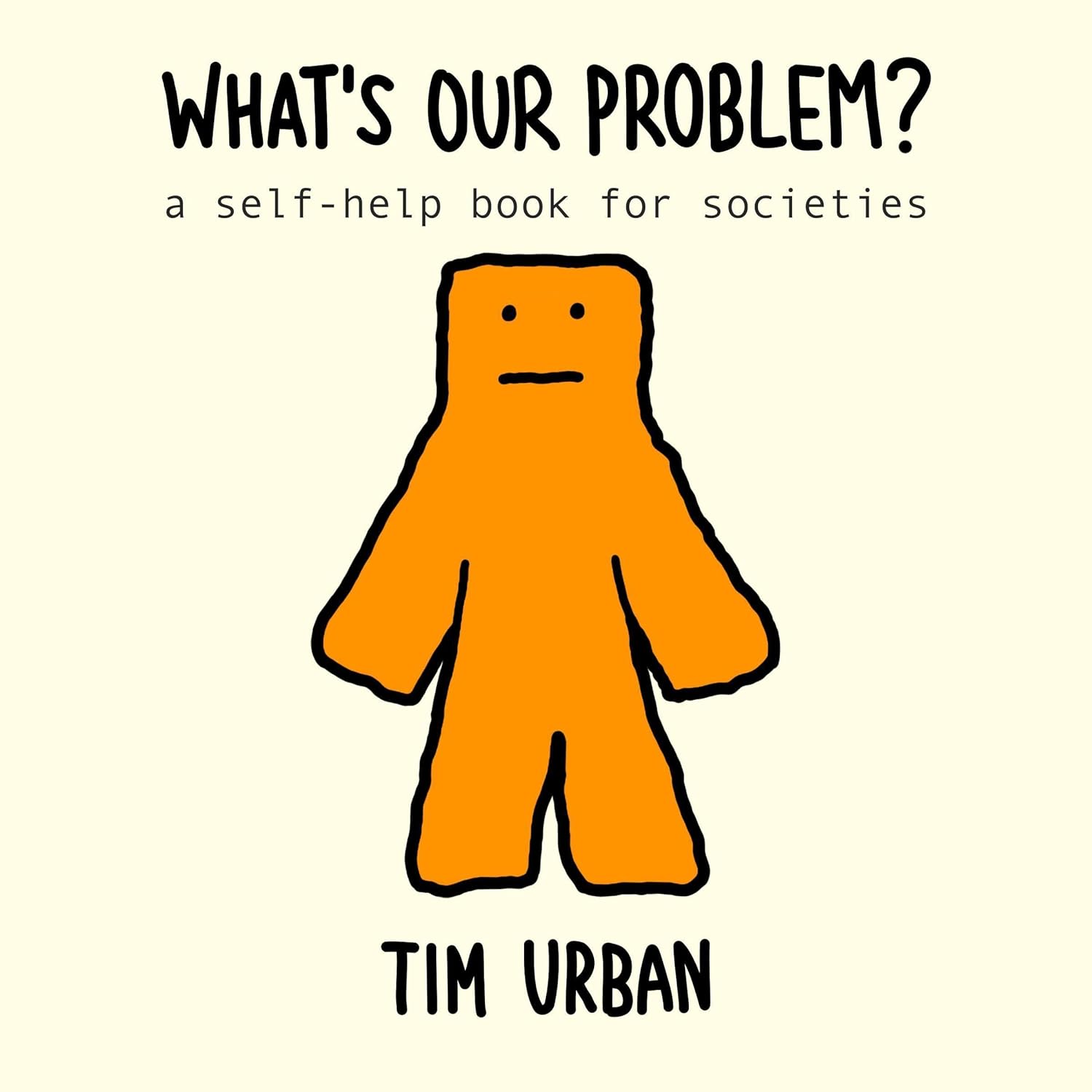Pluralistic Ignorance
Ignorance about what other people think, that can often result in:
- Widely held untruths
- Customs and traditions that nobody believes in
- The bystander effect
Key Insights & Principles
Social Change
Insights:- Many social norms persist because of ignorance about what other people believe.
- We are often looking for social cues before we act, but fail to realise that others are doing the same.
- Social change can occur when people are allowed or nudged to speak in accordance with their beliefs and values.
- A few people voicing their beliefs can create a bandwagon effect that sparks large social change.
- Regimes, practices, and untruths can persist because of a misalignment in what people say (or are allowed to say) and what they believe, causing confusion about what people actually believe.
- Publicly sharing truth and values is enough to shatter delusion or create social change.




